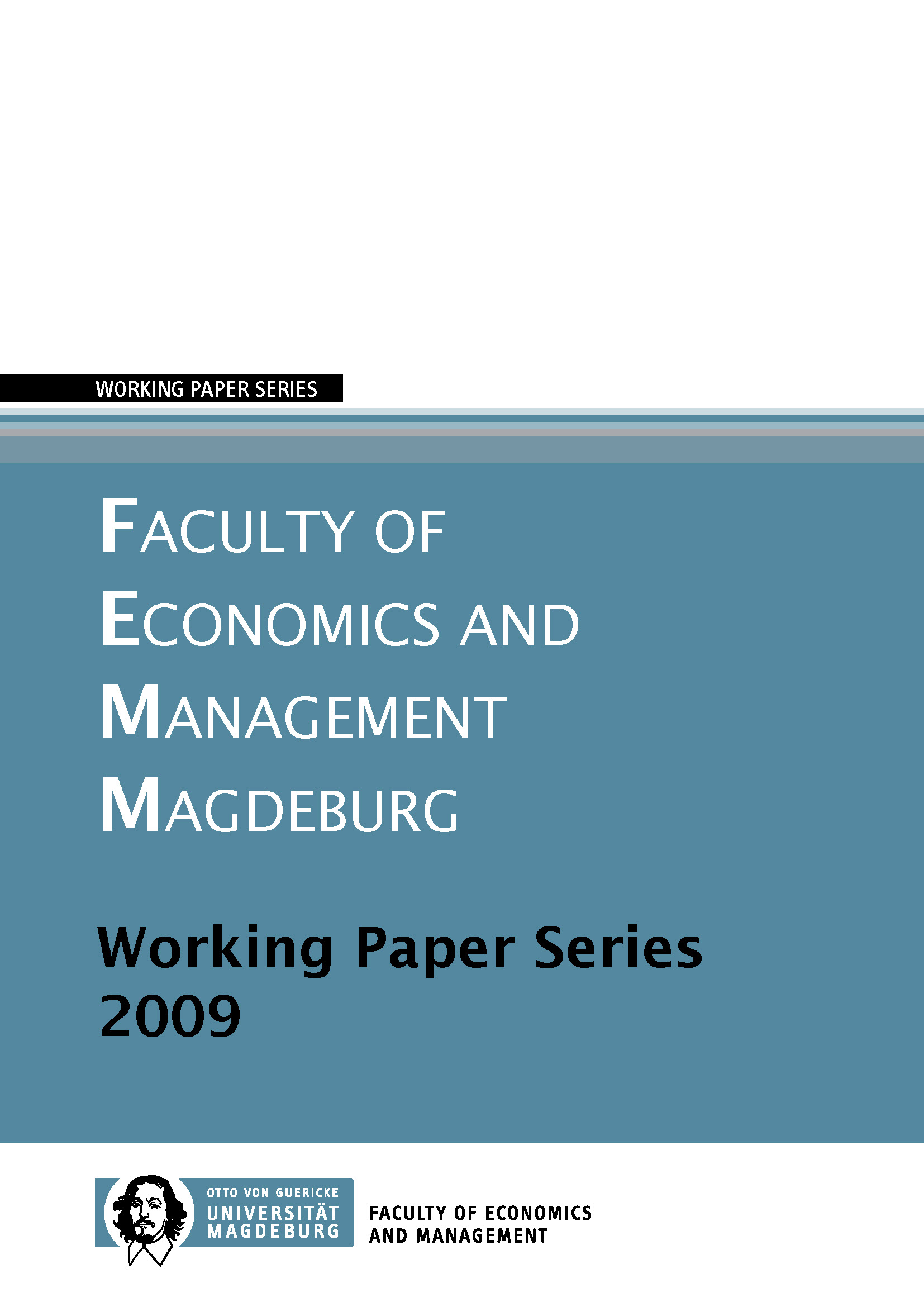Fact or Artifact
Does the compromise effect occur when subjects face real consequences of their choices?
DOI:
https://doi.org/10.24352/UB.OVGU-2018-388Schlagworte:
choice in context, compromise effect, irrelevant alternatives, hypothetical bias, experimental designAbstract
This study investigates context effects in general and the compromise effect in particular. It is argued that earlier research in this area lacks realism which is a major drawback to research conclusions and stated management implications. The importance of this issue is stressed by previous research showing that behavioral anomalies found in hypothetical experimental settings tend to be significantly reduced when real payoff mechanisms are introduced. Therefore, to validate the compromise effect, an enhanced experimental design is presented with participants making choices in the laboratory that are binding. We find that the compromise effect holds for real purchase decisions, and therefore is validated and not an artificial effect in surveys on hypothetical buying decisions. While conclusions and implications for marketing managers derived in previous work assume that context effects hold for real market decisions, the results created by this enhanced design close this gap in marketing literature.


